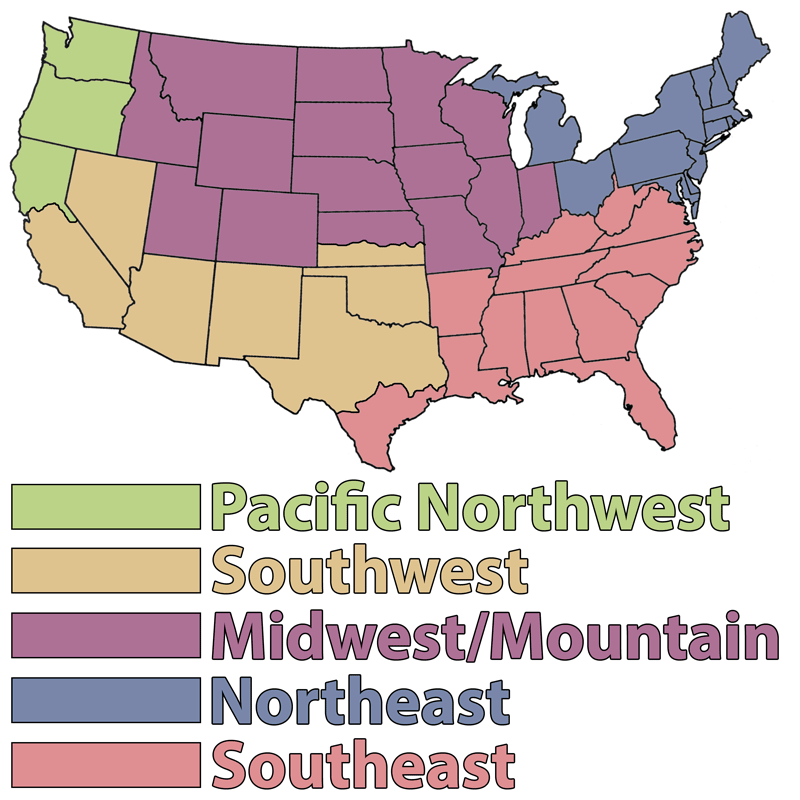If you have poinsettias, keep them away from cold windows and place in sunlight. Fertilize with a houseplant fertilizer. See our Poinsettia page.
Gardening "To Do" Tips by Month for Vacaville, CA
Start thinking about your lessons learned from the past gardening season as you think about next year!
Keep up with yard maintenance. Remove any leaves, withered stalks, and winter weeds, and mulch your flower beds. Take the time now to save a lot of work later.
Check perennials again and cut back overgrowth to encourage new growth.
Check your stored fruit, vegetables, and flower bulbs; remove any rotting ones.
Keep watering your plants throughout the winter to prevent them from drying out.
Check your lawn and plants for any problems and treat them when necessary.
Avoid heavy mulching around the bases of trees and shrubs, as the mulch provides cover for small rodents.
Check for rodent damage around bases of trees and shrubs. Use traps and bait as needed.
Monitor your houseplants to make sure that they are getting adequate water and nutrients.
To avoid damage, do not let snow pile up on your shrubs and tree branches.
Be careful when using salt to remove ice on driveways and walkways; the salt can damage lawns and perennial beds. Sand is a better substitute for salt.
Protect new landscape plants from the wind; use stakes or windbreaks as needed.
During heavy rain, check your yard for any drainage problems. Consider any upgrades to your water systems, such as drip irrigation.
Do you have a woodstove or keep a fire? You can use wood ashes to raise your soil’s pH if you need it. (Don’t use if pH is greater than 7.0.)
Buying a Christmas tree? Keep it fresh by sawing off the bottom 2 inches and check the water often, as it consumes a tremendous amount in the first 48 hours!

